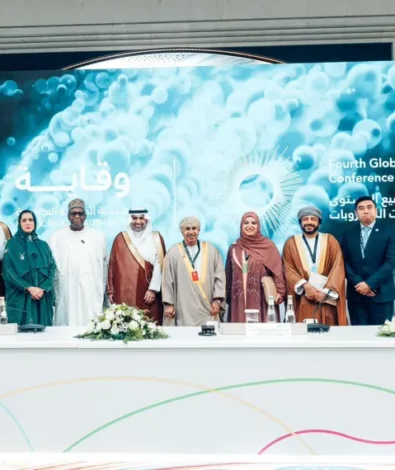Over 1 billion meals wasted daily, 783 million people hungry in 2022- UN report

The Food Waste Index Report 2024, co-authored by the United Nations Environment Programme (UNEP) and Waste & Resources Action Programme (WRAP) has revealed that households worldwide wasted over 1 billion meals per day in 2022.
The report also revealed that 783 million people were affected by hunger, and a third of humanity faced food insecurity.
In 2022,1.05 billion tonnes of food waste were generated. This equates to 132 kilograms per capita and nearly one-fifth of all food available to consumers.
Shockingly, 60 per cent of food waste occurred at the household level, with food services and retail contributing 28 per cent and 12 per cent, respectively.
The report, published ahead of the International Day of Zero Waste, highlights the staggering scale of food waste, its detrimental effects on the economy and environment, and the urgent need for action.
The report
Inger Andersen, Executive Director of UNEP, described food waste as a “global tragedy” with far-reaching consequences for both human development and the environment.
- She stressed the need for countries to prioritize food waste reduction efforts to mitigate climate impacts and economic losses.
- Despite progress in data collection since 2021, many low- and middle-income countries still lack adequate systems to track progress towards Sustainable Development Goal 12.3 of halving food waste by 2030.
- Only a few G20 countries and the European Union have comprehensive food waste estimates, highlighting the need for consistent measurement and reporting mechanisms.
- The report dispels the misconception that food waste is solely a problem in affluent nations, revealing similar levels of household food waste across income groups.
- It also identifies a correlation between higher temperatures and increased food waste, emphasizing the need for targeted interventions in hotter regions.
Food waste not only contributes to greenhouse gas emissions but also exacerbates biodiversity loss and strains global economies, costing an estimated USD 1 trillion annually.
The report highlights the urgent need for action at both individual and systemic levels, calling for greater collaboration between public and private sectors to drive meaningful change.
Harriet Lamb, CEO of WRAP, emphasized the importance of coordinated action and public-private partnerships in tackling food waste.
She called on more G20 countries to prioritize food waste reduction efforts and urged stakeholders to support initiatives addressing the multifaceted impacts of food waste on food security, climate change, and economies.
As countries revise their climate plans, the report urges inclusion of food loss and waste reduction targets to enhance climate ambition. It emphasizes the crucial role of public-private partnerships in delivering farm-to-fork solutions and driving long-term, holistic change.



